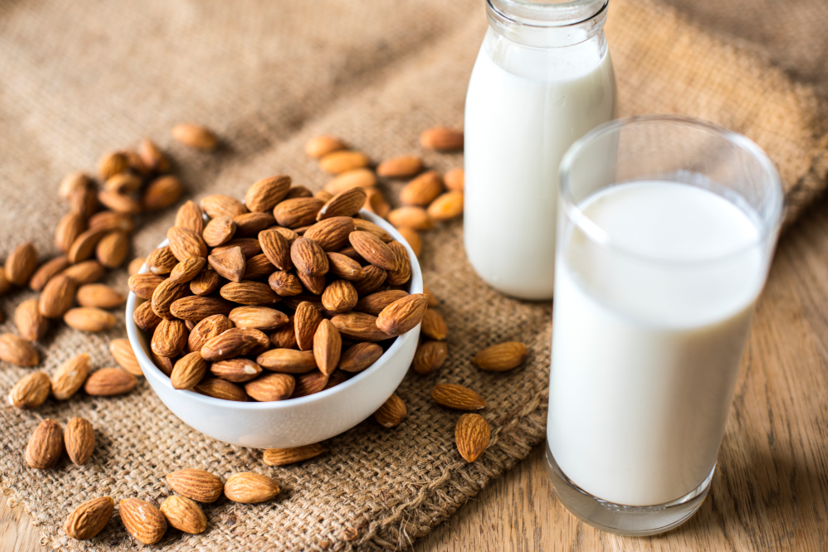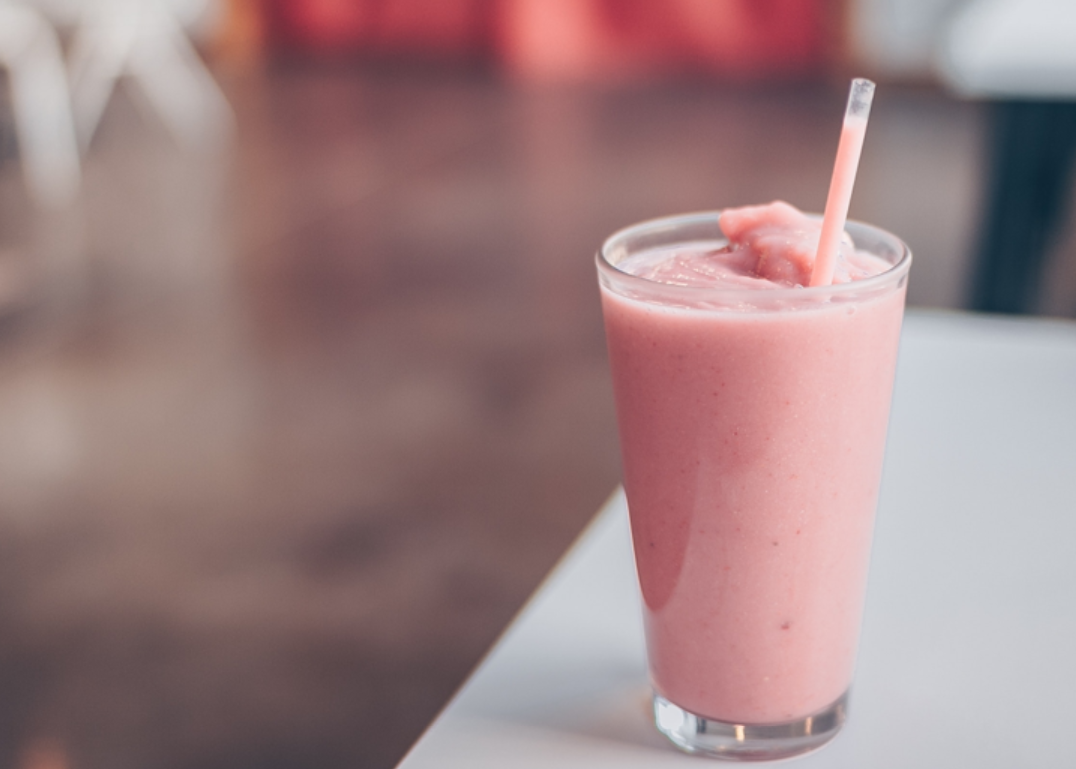Protein shakes – Pros and Cons
by Liza – Thursday, 20. December 2018
Protein supplements in general have grown in popularity immensely in the past few years, offering a huge arrangement of different possibilities to increase your protein intake. From protein bars, to shakes and even protein pancakes, there’s basically nothing you can’t get with an extra portion of protein.
But is it really necessary to up your protein intake? Or do you have to be a pro athlete to really depend on shakes?

When you should be drinking them and when not
It’s undeniable that protein shakes are super convenient. They don’t take up a lot of space in your bag, they’re easy to mix and you can have them on the go, in contrary to a full meal. But why exactly should you be drinking them? Protein helps regenerate and build muscle mass, meaning shakes can be a great prevention method for sore muscles and they can help you build lean muscles. However protein shakes alone won’t make you fit or muscular. You have to combine them with proper physical exercises for them to make a difference. Protein powder can be very versatile as well. If you don’t feel like drinking a shake you can simply add it as a supplement into your pancakes or make your own protein bars. Don’t feel like baking? There’s a huge range of protein bars to choose from, meeting every need. Vegan, lactose-free or with extra chocolate, nowadays you can find anything. What’s more, is that protein is very filling so it can be a good snack after working out, prevent over-eating, or even assist in weight loss. Yet, protein powder doesn’t cover your nutritious needs, so they shouldn’t be used as a regular meal replacement.
Do you have to be an athlete to drink them?
Of course not only pro athletes can take advantage of protein shakes. However, athletes have a raised need of protein because of the amount of calories they burn everyday through sports, so they might be opting for a protein shake more often. Most people’s protein needs can be met through regular nutrition so if you don’t want to make use of protein powder or your not looking to bulk and just want to meet your daily needs, Greek yoghurt, almonds and spinach all have high shares in protein – adding these to your meals should actually be enough. But again, protein shakes and bars both can be very convenient for when you’re on the go, so grabbing one after your workout is still an option.

What not to forget about protein shakes
When you buy protein powder, be it whey, soy or any other type, protein isn’t the only thing you get. A lot of protein powders have a high share in sugar, so consuming a lot of it might also raise your sugar intake.
Protein shakes are a great supplement, but shouldn’t be used as meal replacement. You still have to get in your daily share of fibers and nutrients and overdosing on protein or neglecting other nutrients can lead to serious health problems, from bloating to kidney problems. On top of that, it can be extremely challenging for your metabolism to process extra protein, so make sure to up your protein intake gradually or you might overwhelm your body.
To some, the taste of protein powder might not be appealing as well, even with the huge variety on the market, you might need to try a few of them until you find a taste you enjoy.
References: https://edition.cnn.com/2017/12/06/health/protein-powder-pros-cons/index.html



Meet the New Faces Behind Our Power Team
/in Health, Lifestyle, Living in Zug, Living in Zurich, Power/by Casey3 Ways to Push Through a Tough Workout
/in Health, Lifestyle, Living in Zug, Living in Zurich, Power, Rides/by CaseyMeet Your New Power Coach, Julia
/in Health, Lifestyle, Living in Zug, Living in Zurich, Power, Rides/by Casey